Download these essential development tools
Essentials tools, documentation and libraries for every Vulkan developer
.jpeg)
Detroit Become Human - Quantic Dream
Download these essential development tools
Essentials tools, documentation and libraries for every Vulkan developer
-
LunarG has developed the quintessential developer SDK including build tools, documentation, libraries and more.
-
Google gives you everything you need to incorporate Vulkan into your Android games and other apps where graphics performance is key.
Visit the Android developer website to download the API, samples, and documentation: resources to help you hit the ground running.
-
Arm donated all their Vulkan Sample code repository and tutorials to Khronos. These samples are now mainly under the “performance samples” in the Khronos repository. Each sample tests a specific Vulkan feature and gives the developer on-screen controls of the multiple ways of doing something, showing the real-time performance impact with hardware counters on the display. Each sample is accompanied with an in-depth tutorial explaining in detail what is happening under the hood.
-
The PowerVR SDK is an open source codebase to help with the development of graphics applications for PowerVR and other platforms. It consists of two main parts: the Framework and a set of examples.

 SDK
SDK







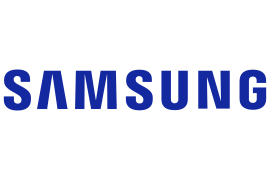

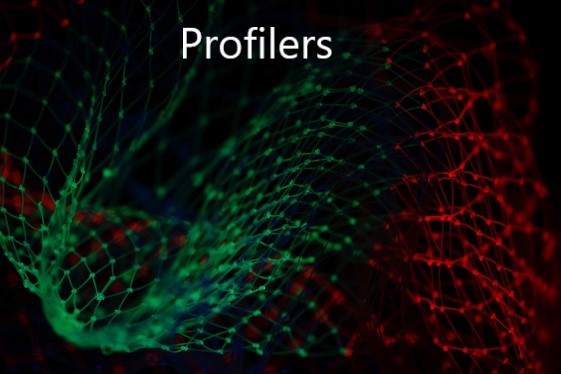
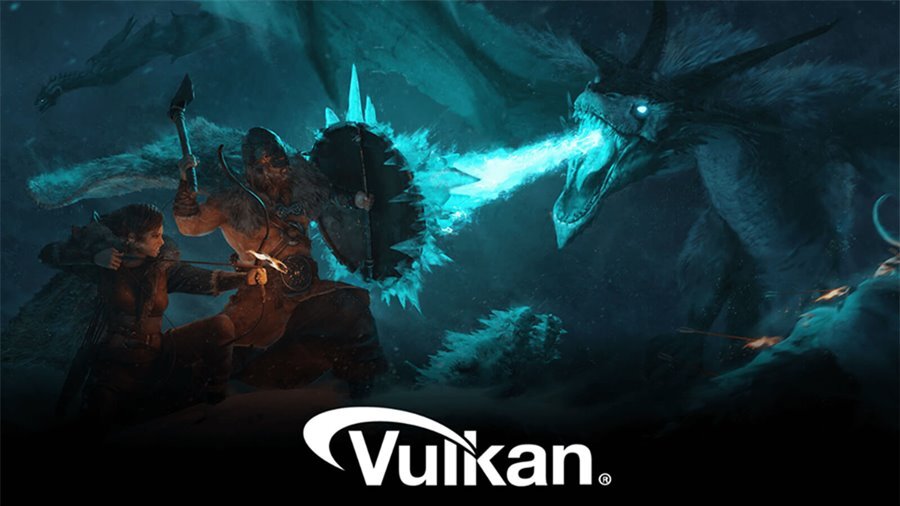
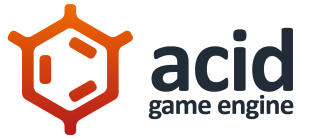

.svg?cropResize=320,180)




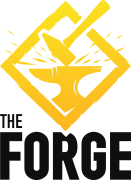


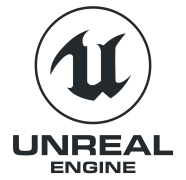








.jpg)
